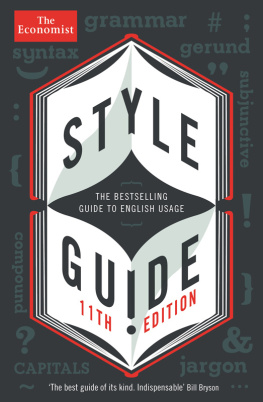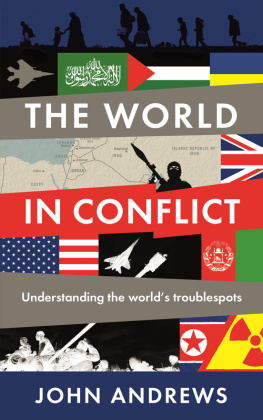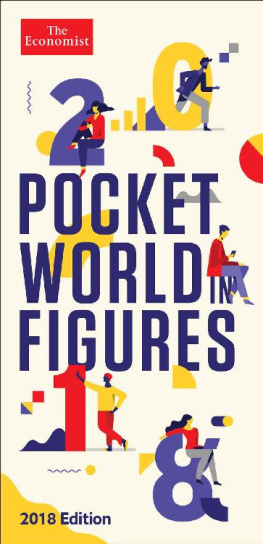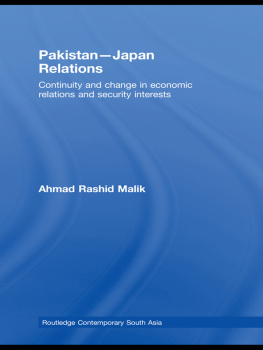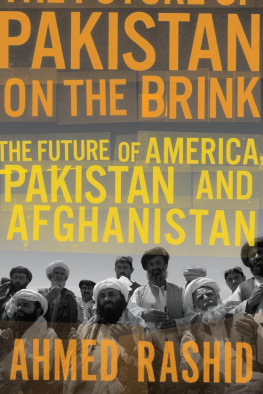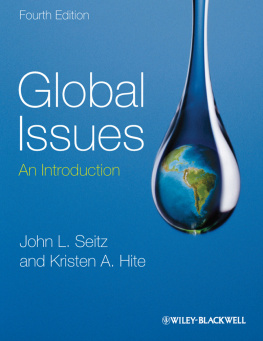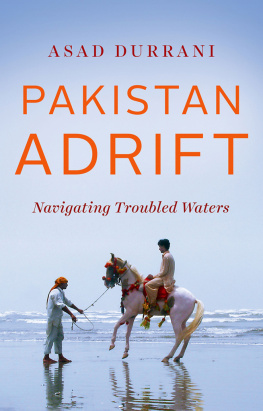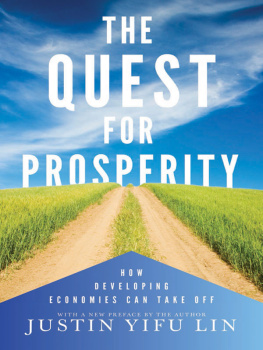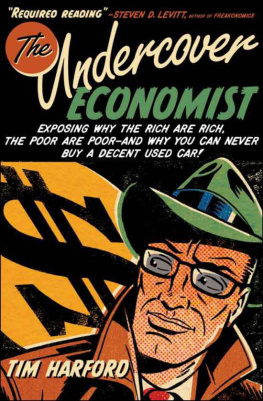Penguin Shorts
We believed in the existence in this country of a vast reading public for intelligent books at a low price, and staked everything on it
Sir Allen Lane, founder of Penguin Books.
The first affordable quality books for a mass audience were brought out by Penguin nearly eighty years ago. And while much has changed since then, the way we read books is only now becoming different. Sometimes it is still only a hardback or paperback book that will do. But at other times we prefer to read on something either more portable a dedicated reading device or our smart mobile phone or more connected, such as a tablet or a computer.
Where we are or how much time we have often decides what it is we will read next.
Penguin Shorts and Penguin Specials are designed to fill a gap. They are short, they are original and affordable, and they are written by some of todays best and most exciting writers. And they are available only in digital form.
Written to be read over a long commute or a short journey, in your lunch hour or between dinner and bedtime, these brief books provide a short escape into a fictional world or act as a primer in a particular field or provide a new angle on an old subject.
Always informative and entertaining, Penguin Shorts and Penguin Specials offer excellent writing that you can read on the move or in a spare moment for less than the price of a cup of coffee.
Contents
Pakistans army and the law
The men in black v the men in green
Afghanistan
Too close for comfort
Foreign policy
State of vulnerability
Politics
Captains innings
Religion
In the shadow of the mosque
The economy
Lights off
Education
A taste of Hunny
Poverty
Always with us
Violence
Dripping with blood
Water
Going with the flow
About the Author
Simon Long is The Economists Banyan columnist and Asia Editor. He has been based in Singapore since August 2010. Before that, he worked in London for four years, as the magazines Asia Editor, and for four years prior to that as South Asia Bureau Chief based in Delhi. He joined The Economist in 1995, as South-East Asia correspondent, based in Bangkok. In 1998 he returned to London as Finance and Economics Editor. In 2000 he became the deputy head of Global Agenda, The Economists updated internet service, before moving to Delhi. He had previously spent nine years with the BBC, as an analyst on East Asian affairs based in London, as Beijing correspondent from 1989 to 1991, and Hong Kong correspondent from 1993. He wrote extensively for the Guardian newspaper, and many other outlets. He was for a number of years the author of Economist Intelligence Unit country reports on China, Taiwan and Hong Kong. In an earlier career as an investment banker, with Morgan Grenfell, he worked in London and Singapore, rising to the position of senior assistant director, responsible for the banking divisions Asian business.
He was educated at University College School, London; Trinity College, Cambridge (first class honours degree, oriental studies; senior scholar); Beijing Languages Institute; Nanjing University; and the Fletcher School of Law and Diplomacy, Boston (Harkness Fellow).
Also by Simon Long :
Taiwan: Chinas last frontier
Pakistans army and the law
The men in black v the men in green
In daring to take on Pakistans army, the Supreme Court is striking a blow for the rule of law
IFTIKHAR CHAUDHRY, Pakistans chief justice, is not short of chutzpah. In 2007 he was sacked as a troublemaker by Pervez Musharraf, the former military dictator, after pursuing investigations into suspected killings by the security forces. The movement for his reinstatement played a big part in bringing Mr Musharraf down and restoring civilian government. But Mr Chaudhry has also been at odds with the new administrationso much so that President Asif Ali Zardaris men have painted him as a stooge of the army.
Now the judiciary is taking on the military establishment as well. It may be because Mr Chaudhrys court is sensitive to these slurs on its independence; it may be because it has genuinely come round to the view that the powers of the army need to be curbed. Either way, this development is to be applauded: as this special report argues, the armys belief in its impunity is one of the countrys biggest problems.
The seeds of the armys excessive power lie in Pakistans origins. Born out of India, and created through a bloody partition, the country has always feared being swallowed up by its bigger neighbour. As a result, it has had since inception an army that is too big for the countrys size, greedy for resources and dangerously interventionist.
The armys perception of itself as the guarantor of national security has led it to abuse its position. For half of Pakistans 64-year life, it has governed the country; for the other half, it has rigged elections, financed politicians it favoured and undermined those it didnt. Politicians who want to make peace with India are a particular target.
The armys power shapes Pakistani foreign policy, too. Soldiers are more focused than civilians on the military threat from India, and that fear has dangerously influenced the countrys dealings abroad. Pakistan plays a double game in Afghanistan, where the Taliban are at once its enemies (because they are the enemies of its ally America) and its friends (because they are the enemies of its enemy India). And few doubt that the Pakistani armys intelligence wing, the Inter-Services Intelligence (ISI) has also been in cahoots with groups responsible for atrocities in India as well.
The Supreme Courts political role is another consequence of the way the army has distorted the countrys political life. Long periods of military rule, when the courts were the civilians only defence against the soldiers, boosted the relative power of the judiciary while weakening the politicians. This has been compounded by Mr Chaudhrys determination to pursue corruption charges against President Zardari. In a country as riddled with graft as Pakistan, it is hard to complain about a judge trying to ferret out wrongdoing. But since Mr Zardari enjoys constitutional immunity, the practical effect of the judges onslaught will be to tie up the rest of the governments termunlikely to last until its natural conclusion in 2013with constitutional haggling.
At last the right target
So it is a relief that the Supreme Court is now turning its fire on the armed forces as well. It is to hear three petitions relating to the conduct of the army and the ISI. One petition asks what has happened to 11 alleged terrorists taken into custody, where four apparently died. Another tackles the security forces behaviour in a vicious counter-insurgency campaign in Baluchistan. The third dates all the way back to 1990 and the ISIs role in rigging an election.
By themselves, these cases will do little to shift the balance of power from the army to the civilians. Nothing that Pakistanis are likely to hear will surprise them. However, each case does touch on a different aspect of the many ways in which the security services have abused their power over the past few decades. Even the suggestion that soldiers accused of abuses might be brought to book would begin to erode the armys sense of impunity. It could also set the stage for Pakistan to begin to look at the much deeper problems relating to the armys exceptionally privileged role in public life.
Such an overhaul would involve changing the laws that remove much military activity from civilian jurisdiction and tackling its outsized role in the economy. The country needs to spend less of its money on soldiers and more on educating its people: with its literacy rate a shameful 58%, Pakistan is below far poorer countries such as Haiti and Congo. There is a huge amount to set right. But the move by the judiciary against the army could at least start to make Pakistans army accountable, if not to the political process, then at least to the law.



